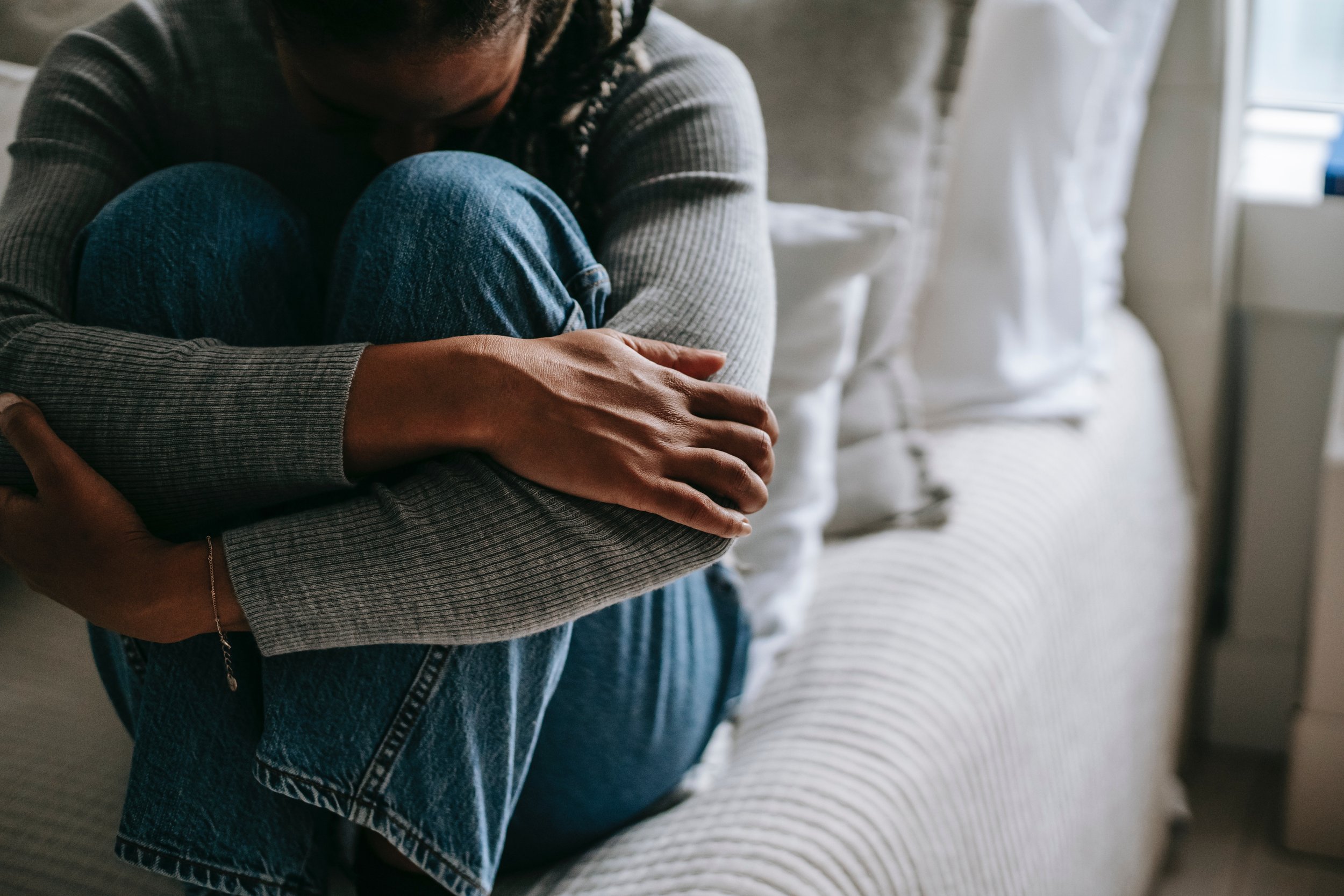If You’ll Be Grieving This Season, Traditions Can Trigger Sadness
By Yolande Clark-Jackson
The first holiday season after a loss of a loved one can be rough, but there may be ways to manage the heartache.
For the past few years most of us have had to deal with the fear or the reality of losing a friend or family member. And although there isn’t much talk about it, people are still dying from Covid-19. According to the Center for Disease Control, as of April of this year, the death count for those lost to Covid-19 was 1 million. But despite enduring losses from the pandemic, the fact is, people die every day. And although we know this, it doesn’t make it any easier to cope.
Coping with grief at any time of the year is challenging, but when we reach November, the absence of a loved one is felt even more. From the second week of November to the first week of January, it feels like everywhere you look, family and friends are gathered happily around tables, squished joyfully under festive trees, or posed among champagne filled glasses. Whether you’re in a pharmacy, shopping mall, or post office, you will be bombarded with reminders that the holiday season is here. But you may not feel like celebrating.
If you’re facing your first year of grieving the loss of a loved one, this season can be a painful reminder that someone you love is missing and won’t be there to make new memories and won’t be coming back ever again. How do we cope with the inevitable heartbreak of loss during what is supposed to be the most joyful time of the year?
Carrying around the weight of grief while trying to balance gratitude and fake holiday cheer can be exhausting.
“I encourage clients to prioritize their self-care,” says Jacqueline Marlow, Lead Clinical Coordinator for Ibisanmi Relational Health. Marlow suggests while prioritizing rest and self care, mourners should create creative ways of “meaning-making” while processing the loss of a loved one.
She adds that focusing on the memories of the significant relationship(s) that was once physically present, can provide an additional perspective and aid in the healing process.
Other Coping Tips
Each person is different, and what works for one, may not work for another, but here are a list of suggestions to help get you cope:
Don’t Fake it: Don’t hide your grief, say your fine, or smile when you’re not feeling it to make others more comfortable. Grief is a natural process we all face and those who love and care for you will learn to handle your sadness. It also provides an opportunity for those around you to comfort you and remind you that you’re not alone.
Be Still: Staying busy might be a way to take your mind off things so you don’t sink into sadness, but sometimes just being still allows you to sit with what is, which may slowly move you closer to accepting the new reality.
Honor Your Needs: When you feel overcome, do what helps you release. This can mean crying, sleeping, walking, kickboxing or creating art. It may even look like taking a personal day off from work or declining an invitation to a social event.
Share: Share holiday stories about your lost loved one. Share your thoughts and feelings about your healing journey with other friends and family members you feel safe to share with.
Express Gratitude: Gratitude is so powerful at any time of the year, but during the most difficult times it can lift your spirits to focus on who and what you have in the present moment despite who you’ve lost along the way.
In the end, your journey is your own. Losing a loved one is difficult, and no one can tell another person when to grieve, how to grieve, or for how long. But these tips may offer some relief.
And if you feel you could use some support in your grieving journey, the team at Ibisanmi Relational Health is here to support you. Start by booking a free 15-minute consultation here.
Don’t be a stranger, follow us on IG at @ibisanmi.relational for mental health check-ins and inspirational posts.






